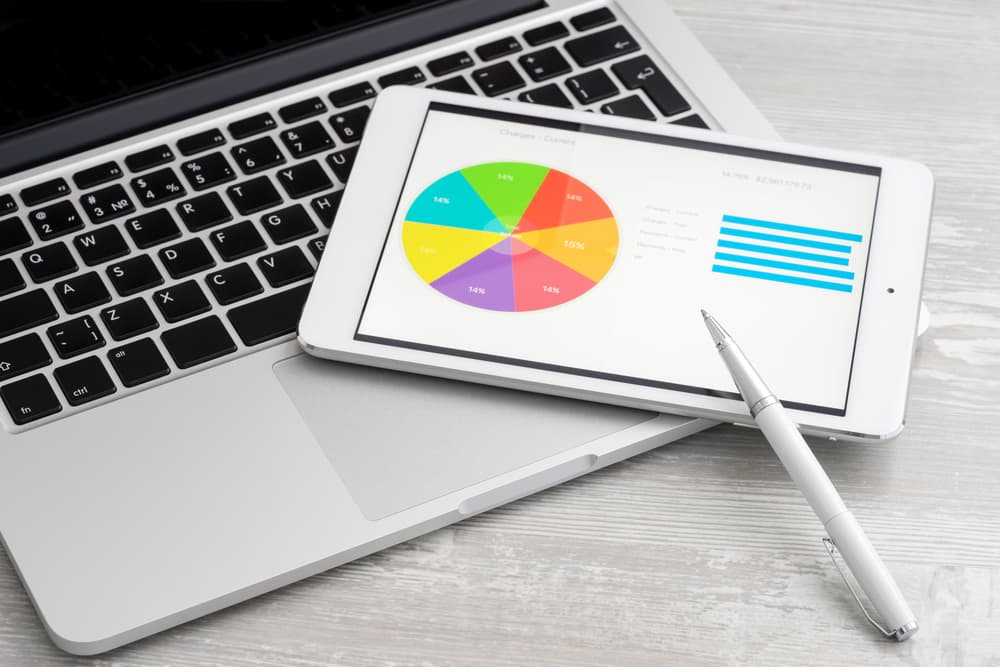Data science has crept into so many areas of business that even smaller companies have begun to adopt some of the techniques large organizations have been using to better understand their customers and their business. Increasingly, data science is making its way into human resources, where companies are leveraging the information on performance, engagement, retention and more to make better decisions.
If you aren’t using analytics yet, here are three reasons to get started.
1. Recruiting the Right Employees
Recruiting the right employees is the number one job for HR departments across the globe. As companies are discovering, data science can improve hiring by helping recruiters and managers to create a more effective process.
For a start, data science helps to create a more consistent approach to recruiting and can reduce interviewer bias. By leveraging employee performance data, data science can make better predictions about which candidates will make better employees.
Of all the areas of HR, recruitment is the area where employers most seek to improve performance, with 38% of companies looking to invest in better sourcing tools and 34% of companies looking for more innovative interviewing tools.
2. Comp and Promotion
Although recruiting is a key part of company growth, it’s useless if companies are unable to keep their employees satisfied with the right position and career growth. Again, data science can help.
With data science, companies not only can create a more accurate picture of how much an employee’s experience is worth but also understand their behavioral patterns – from retention to more dubious practices like tracking employee pregnancies. In 2016, the Ugandan government applied monitoring techniques to various projects taking place across the country to use the data to analyze the quality of public services, and with such data could create a clearer picture of who was doing their job the best.
Understanding how well employees are doing is vital to knowing when they are ready to be promoted. But knowing who will make a good manager is not easy, since the skills to be a top performer are not the same as those for a great manager. Predictive analytics can help in making the selection. By analyzing the workforce data on managers and their teams, it can point to candidates most likely to succeed as a manager and it might not always be who you think it is.
3. Benefits Analysis
Data science can also be used to uncover insights about what benefits matter to employees, which they value and, of equal importance, analyze the costs. Applying data science techniques to such areas can inform companies if they are giving a good deal or not to their employees and if the company is gaining or losing from such packages.
Companies can also apply such techniques to gym memberships, travel expenses, training and team-building events, food expenses, funding for those in mourning, counseling and, of course, health insurance. By monitoring the usage of these benefits and the effects they have, companies can make better decisions about their benefits and perks.
People Analytics Can Make HR More Valuable
However, some companies still feel that HR is an area where data science cannot be applied appropriately, and others are concerned that their HR staff are not capable of handling or obtaining such data or software yet. However, that really isn’t an impediment. One emerging trend is to provide analytics as a service.
∼∼∼∼
While analytics can help you make better decisions, it presents some unique and not so obvious problems. Read about them in “As You Embrace Predictive Analytics, Consider These Issues.”
∼∼∼∼
And the benefits of data science should trump any doubts. According to one survey, 54% of companies claim using data science has improved their operational processes. Nor is it necessary to make a major investment before seeing the benefits of using people analytics for HR. Starting small can still yield big benefits.
By leveraging the data it already has, HR departments will have a clearer image of the workforce and can provide managers with actionable information leading to productivity gains, savings and other tangible business benefits.
